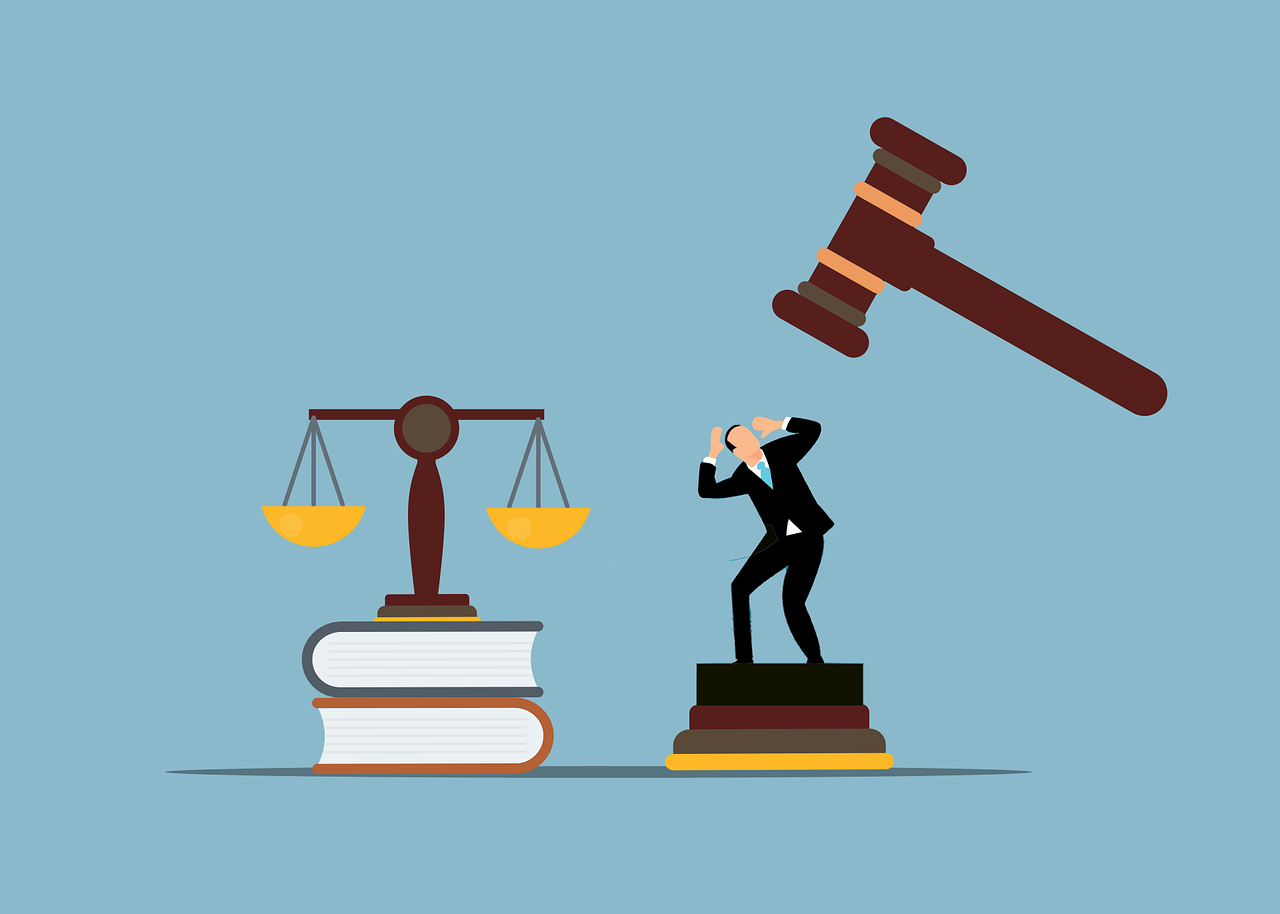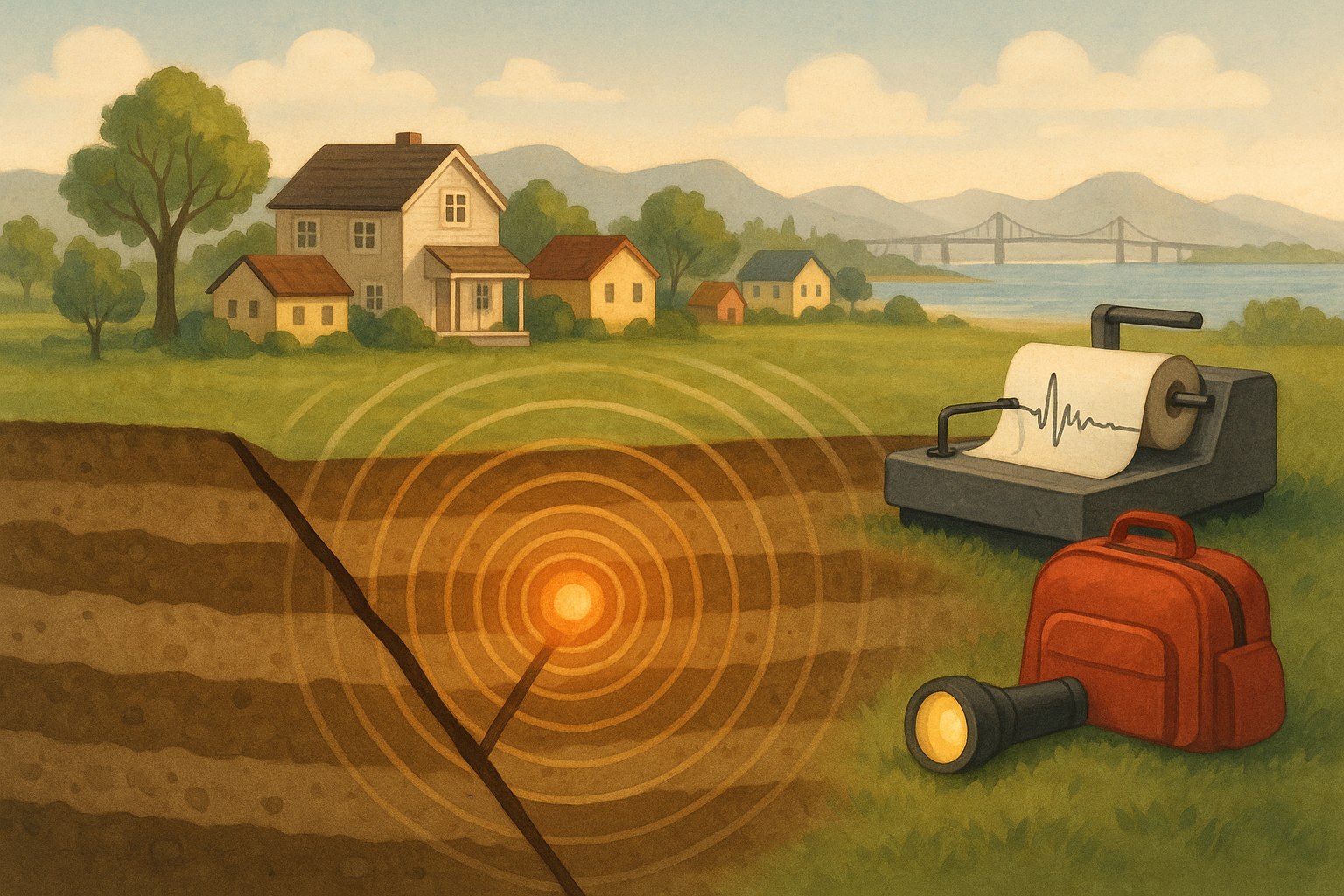Wyoming Rental Laws
 This article summarizes some key Wyoming Landlord-Tenant laws applicable to residential rental units.
This article summarizes some key Wyoming Landlord-Tenant laws applicable to residential rental units.
We’ve used the Official State Statutes and other online sources cited below to research this information and it should be a good starting point in learning about the law.
With that said, our summary is not intended to be exhaustive or a substitute for qualified legal advice. Laws and statutes are always subject to change, and may even vary from county to county or city to city.
You are responsible for performing your own research and complying with all laws applicable to your unique situation.
If you have legal questions or concerns, we recommend consulting with the appropriate government agencies and/or a qualified lawyer in your area. Your local or state bar association may have a referral service that can help you find a lawyer with experience in landlord-tenant law.
Official Rules, Regulations, and Guide
- Wyo. Stat. Title 1, Chapter 21, Article 10: Forcible Entry and Detainer
- Wyo. Stat. Title 1, Chapter 21, Article 12: Residential Rental Property
- Wyo. Stat. Title 1, Chapter 21, Article 13: Wyoming Safe Homes Act
- Landlord Tenant Information – University of Wyoming
Details
Security Deposit:
- Security Deposit Maximum: No statute.
- Security Deposit Interest: No statute.
- Separate Security Deposit Bank Account: No statute.
- Non-Refundable Fees: There is no statute governing what sort of non-refundable fees a landlord can charge a tenant. However, if there are non-refundable fees, the rental agreement must state whether any portion of the security deposit is non-refundable. The landlord must also given written notice regarding the non-refundable fees included in the security deposit when the tenant pays the deposit (Wyo. Stat. § 1-21-1207).
- Deadline for Returning Security Deposit: 30 days after the termination of the rental agreement or 15 days after the landlord receives the tenant’s new mailing address, whichever is “later.” If the rental unit has been damaged beyond normal wear and tear by the tenant, the period to return the deposit is extended by an additional 30 days (Wyo. Stat. § 1-21-1208(a)). Utility deposits must be repaid within 10 days of the tenant proving that all utility charges have been paid. For information regarding deadlines for when such proof is not shown and when the landlord must make utility payments, see statute. (Wyo. Stat. § 1-21-1208(b)).
- Permitted Uses of the Deposit: Landlords may use a portion or entirety of the security deposit to pay for past due rent, damages made by the tenant beyond normal wear and tear, cleaning costs, “and to other costs provided by any contract.” (Wyo. Stat. § 1-21-1208(a)).
- Security Deposit can be Withheld: Yes. (Wyo. Stat. § 1-21-1208(a)).
- Require Written Description/Itemized List of Damages and Charges: Yes (Wyo. Stat. § 1-21-1208(a)).
- Record Keeping of Deposit Withholdings: The landlord must provide an itemized list of deposit withholdings and mail it to the tenant along with the security deposit (Wyo. Stat. § 1-21-1208(a)).
- Failure to Comply: Tenants may recover the full amount of the security deposit and court costs if the security and utility deposits are not return within the deadlines set in statute. (Wyo. Stat. § 1-21-1208(c)).
Lease, Rent & Fees:
- Rent is Due: No statute.
- Payment Methods: No statute.
- Rent Increase Notice: No statute.
- Late Fees: No statute.
- Application Fees: No statute.
- Prepaid Rent: No statute.
- Returned Check Fees: Landlords can charge a fee not to exceed $30 (Wyo. Stat. § 1-1-115(b)).
- Tenant Allowed to Withhold Rent for Failure to Provide Essential Services (Water, Heat, etc.): No. Tenants are prohibited from withholding rent, for any reason, under Wyoming law. If the tenant does withhold rent, the landlord is legally allowed to initiate eviction proceedings. If any essential services are cut off or repairs need to be made to the unit, the tenant must notify the landlord of the problem, via writing, and allow the landlord “reasonable time” to make the repair. Tenants must be current on their rent payments in order to make such requests. The landlord has the legal right to refuse to make the repair and dispute the tenant’s claim. For more information, see the statute (Wyo. Stat. §§ 1-21-1203).
- Tenant Allowed to Repair and Deduct Rent: Tenants are allowed to make repairs but they cannot deduct rent. The only situations in which a tenant may make repairs is after the tenant has notified the landlord of the needed repair and “reasonable time” has passed since the notification. The tenant can also send the landlord a “notice to repair or correct condition” demanding the repairs be made. The renter may also sue the landlord in civil court and be “awarded costs, damages and affirmative relief. For details on the details to include in the notice, see the statute (Wyo. Stat. § 1-21-1206).
- Landlord Allowed to Recover Court and Attorney’s Fees: Yes (Wyo. Stat. § 1-21-1211(b)).
- Landlord Must Make a Reasonable Attempt to Mitigate Damages to Lessee, including an Attempt to Re-rent: No statute.
Notices and Entry:
- Notice to Terminate Tenancy – Fixed End Date in Lease: No statute. Typically, no notice is given as the lease simply expires.
- Notice to Terminate Any Periodic Lease of a Year or More: No statute.
- Notice to Terminate a Periodic Lease – Month-to-Month: No statute.
- Notice to Terminate a Periodic Lease – Week-to-week: No statute.
- Notice to Terminate Lease due to Sale of Property: No statute.
- Notice of date/time of Move-Out Inspection: No statute.
- Eviction Notice for Nonpayment of Rent: Three days (Wyo. Stat. § 1-21-1002).
- Eviction Notice for Lease Violation: Three days (Wyo. Stat. § 1-21-1002).
- Required Notice before Entry: No statute.
- Entry Allowed with Notice for Maintenance and Repairs (non-emergency): Yes. In general, tenants are prohibited from “unreasonably” denying access to the rental unit or refusing a landlord entry (Wyo. Stat. § 1-21-1205).
- Emergency Entry Allowed without Notice: Yes
- Entry Allowed During Tenant’s Extended Absence: Yes.
- Notice to Tenants for Pesticide Use: No statute.
- Lockouts Allowed: No statute.
- Utility Shut-offs Allowed: No statute.
Disclosures and Miscellaneous Notes:
- Name and Addresses: No statute.
- Copy of the Lease: No statute, though it is strongly recommended that tenants ask and receive a copy of the lease.
- Domestic Violence Situations: Landlords cannot terminate rental agreements solely based upon the reason that a tenant, or a tenant’s family member, is a victim of domestic or sexual violence (Wyo. Stat. § 1-21-1303).
- Early Termination Rights: Yes. For details, see Wyo. Stat. § 1-21-1303
- Proof of Status: Landlords can request proof–including court documents or copies of police records–showing that a tenant, or a family member, is a victim of domestic or sexual violence (Wyo. Stat. § 1-21-1303).
- Landlord’s Duties: Wyo. Stat. § 1-21-1202 & Wyo. Stat. § 1-21-1203(a)(i-iv).
- Compliance: Landlords must keep rental units in a condition that is safe, sanitary, and fit for human occupancy;
- Repairs: Landlords are not statutorily obligated to make repairs “which do not materially affect the physical health or safety of the ordinary renter.”
- Common Areas: maintain the rental unit’s common areas so that they are sanitary and reasonably safe;
- Maintenance: Maintain electrical systems, plumbing, heating, and hot and cold water, as well as other appliances and facilities as specified in the rental agreement.
- Trash: No statute.
- Water: No statute.
- Tenant’s Duties: Wyo. Stat. § 1-21-1202 ; Wyo. Stat. § 1-21-1204 ; Wyo. Stat. § 1-21-1205
- Compliance: Maintain the residential rental unit occupied in a clean and safe condition and not unreasonably burden any common area;
- Cleanliness: Tenants cannot destroy or damage, in any way, any part of the residential rental unit or knowingly permit other person to do so;
- Trash: Dispose of all garbage and other waste in a clean and safe manner;
- Plumbing: Maintain all plumbing fixtures in a sanitary condition;
- Appliances: Reasonably use all electrical, plumbing, sanitary, heating and other facilities and appliances;
- Lawful Activity: No statute.
- Quiet Enjoyment: Tenants may not disrupt other tenants’ “peaceful enjoyment” of their home.
- Retaliation: No statute.
- Lead Disclosure: Landlords must disclose all known lead paint hazards. Landlords must also provide tenants, as an attachment to a written lease, with an information pamphlet on lead-based paint hazards.
Court Related:
- Small Claims Court Limits: $6,000.00, plus court costs
- Eviction Cases Allowed: No. Eviction cases are heard in circuit (i.e., county) court.
- Rules and Forms Governing Small Claims Cases–Wyoming Supreme Court (PDF)
- Wyoming Judicial Branch
- Wyoming Supreme Court
- Wyoming District Court Directory
- Wyoming Circuit Court Directory
- Wyoming Attorney General
- Wyoming State Bar
- Lawyer Referral Directory–Wyoming State Bar
- Wyoming State Bar Modest Means Program
- Legal Aid of Wyoming, Inc.
- Equal Justice Wyoming
Business Licenses:
- Business License required: No statewide statute, but local cities and counties may have regulations and requirements. Check with your local governing authority.
Helpful Links
State agencies & regulatory bodies
- U.S. Department of Housing & Urban Development–Wyoming
- Wyoming Community Development Authority
- Wyoming Real Estate Commission
- Wyoming Division of Banking
Housing Authorities
- Public Housing Authority Contact Information–U.S. Department of Housing and Urban Development
- Casper Housing Authority
- Cheyenne Housing Authority
- Housing Authority Board–City of Douglas, Wyoming








